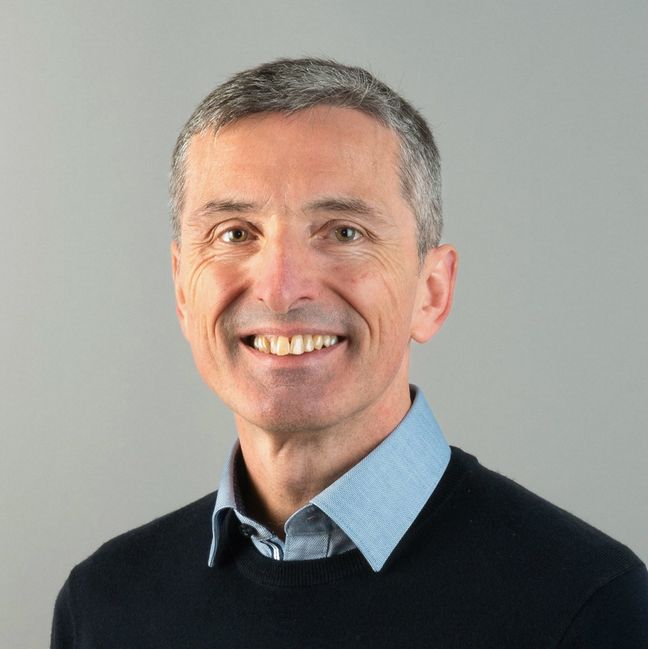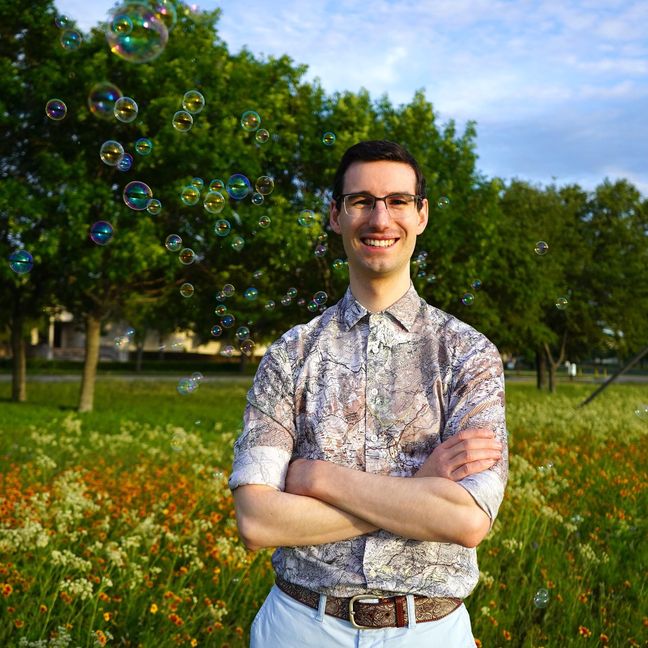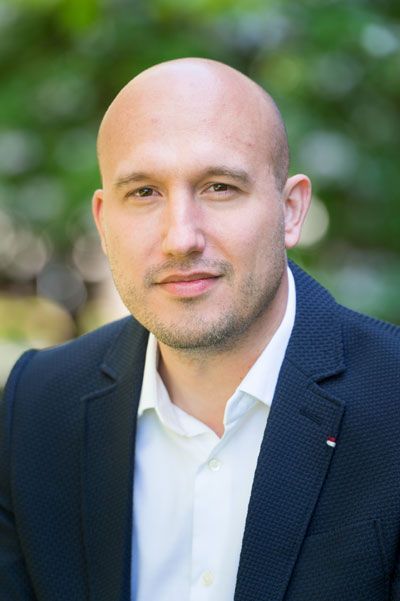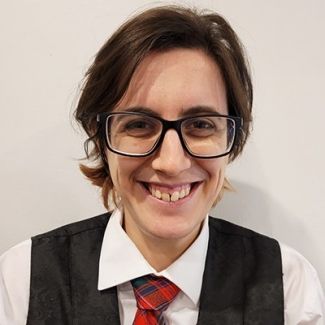BSC Speakers

National Lecturer: Dr. Michael Woodside
University of Alberta

Keynote Speaker: Dr. Molly Shoichet
University of Toronto

Keynote speaker: Dr. Tamir Gonen
University of California and Howard Hughes Medical Institute

Keynote Speaker: Dr. Pascale Legault
Université de Montréal

Keynote Speaker: Dr. Gerhard Hummer
Max Planck Institute of Biophysics & Goethe University Frankfurt

Dr. Filip Van Petegem
The University of British Columbia

Dr. Arnold Mathijssen
University of Pennsylvania

Dr. Elitza Tocheva
The University of British Columbia

Dr. Hans-Joachim Wieden
University of Manitoba

Dr. Eldon Emberly
Simon Fraser University

Dr. Gabor Balazsi
Stony Brook University

Dr. Anna Blakney
University of British Columbia

Dr. Gwynn Elfring
The University of British Columbia

Dr. Lejla Zubcevic
The University of Kansas

Dr. Danielle Tokarz
Saint Mary's University

Dr. Francesca Vallese
Columbia University

Dr. Rachael (Ré) Mansbach’s
Concordia University

Dr. Gonca Erdemci-Tandogan
Western University

Dr. David Langelaan
Dalhousie University

Dr. Suzana K. Straus
University of British Columbia

Dr. Miranda Holmes-Cerfon
University of British Columbia

Dr. Nikki Weckman
University of Toronto